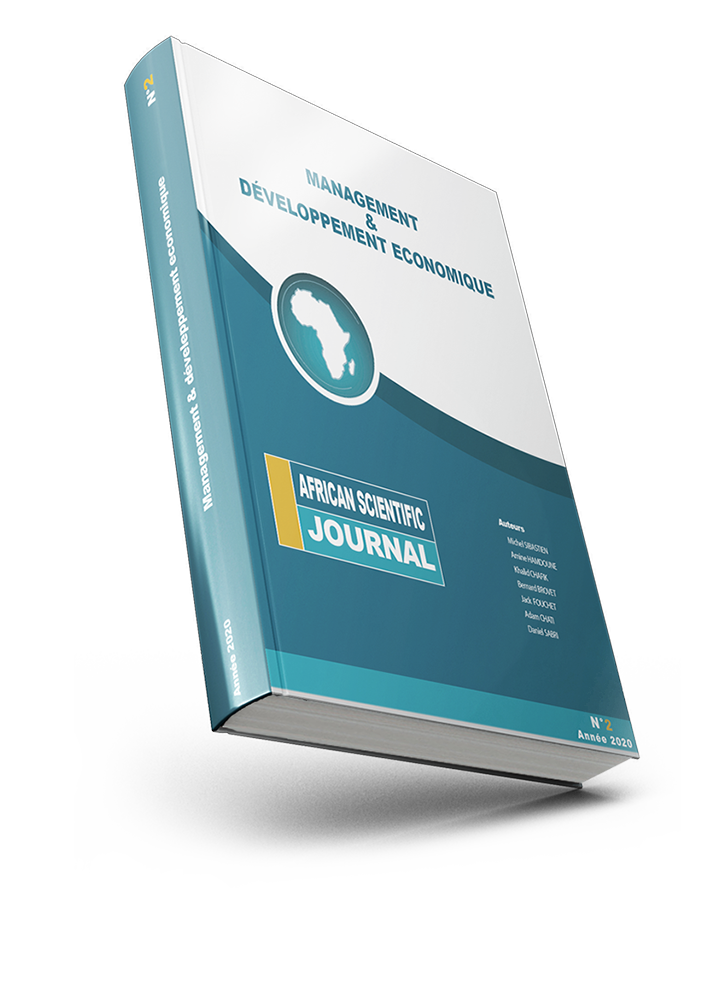Managing the diversity of volunteers at fairs
DOI:
https://doi.org/10.5281/zenodo.7969992Keywords:
Diversity, volunteering, parish, collective action, HRMAbstract
The fairs are a key element in the constitution of a human community. A moment of great diversity within a parish, the fair offers priests the opportunity to demonstrate their management skills. From the conception to the actual realization of the fair, priests use new strategies for managing diversity and volunteers. The aim of this research is to understand how priests manage diversity during a parish fair. After the mobilisation of volunteers, a work of loyalty is done which leads to a concrete achievement of the objectives assigned to a project. Scientific observation of the procedure for organising a fair and, above all, of the different strategies implemented by the priests is admirable and calls into question the management sciences in the field of human resources. Within the teams organised by the priest, individuals learn norms specific to the religious context in which the fair takes place. From an analytical point of view, we can consider that individuals learn norms of behaviour that are relatively general and adapt to a great diversity of particular situations. From a qualitative methodology we worked with an empirical base made of semi-structured interviews with 50 volunteers and 30 priests. At the end of this research we add to the literature some specific aspects of diversity management. This work then enriches the research on volunteer management. This work also shows the priest's capacity for agency and highlights how his moral authority is articulated with his managerial authority.
Downloads
Published
How to Cite
Issue
Section
License
Copyright (c) 2023 African Scientific Journal

This work is licensed under a Creative Commons Attribution-NonCommercial-NoDerivatives 4.0 International License.



















